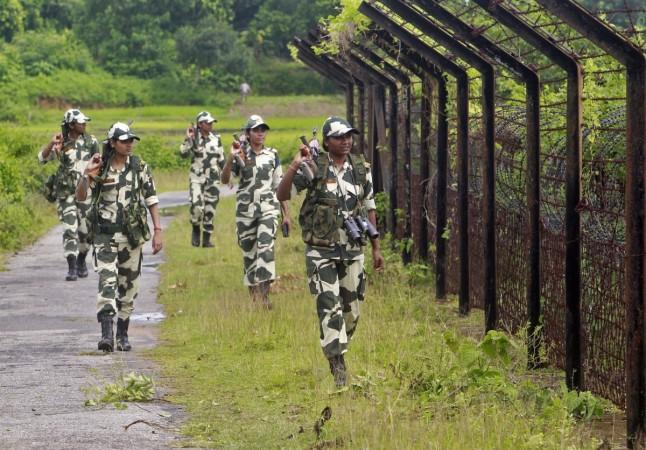
Indian Army's plan to expand its cloud network is expected to act as a force multiplier for its operations during war and peace with major implications for the defence force's all-around preparedness, media reports say. The network will instantly make available operational and personnel information to help decision making and improving the force's efficiency.
The army will extensively use the cloud network for storing and sharing operational and personnel information like deployments, movement of formations and health and service records, the Economic Times said in an article citing unidentified officials. The expansion programme will be carried out under the Rs 26,664-crore "network for spectrum" (NFS) project, according to the report.
The army cloud project with a central data centre was launched in November 2015 following an agreement between the Ministry of Defence and the Department of Telecommunications (DoT) in 2009-10. DoT has since released 25 MHz of 3G and 20 MHz of 2G spectrum for the exclusive use of the defence communication network.

The army is improving its existing applications for storing and sharing data on operations and soldiers over the army cloud. The expansion of the cloud will make available additional bandwidth for military use. "The Operational Information System (OIS) and Management Information System (MIS for data of soldiers) are the two broad heads for developing applications for managing information," said an official. "There is a capability development matrix and within that, we will keep adding technology to update the army cloud and the relevant applications."
The army has long been hamstrung by the limited bandwidth available for data-intensive operations. Under the NFS project, however, it will have enough bandwidth so that the force will be able to undertake extensive automation.
The army, obviously, will not leave anything to chance and will have to evaluate the potential damage from a cyber attack to each type of information. The army will not be storing confidential data, including that on terrain, operations, deployments, movement of units, exercises and plans because of the threat of hacking and viruses.
The NFS project that got the government nod in 209-10 and got additional funding in May last year aims at establishing an alternative network for the exclusive use of the defence forces. The army is also planning to expand its data centres for the cloud-computing network with the help of the Bharat Sanchar Nigam Limited (BSNL).








